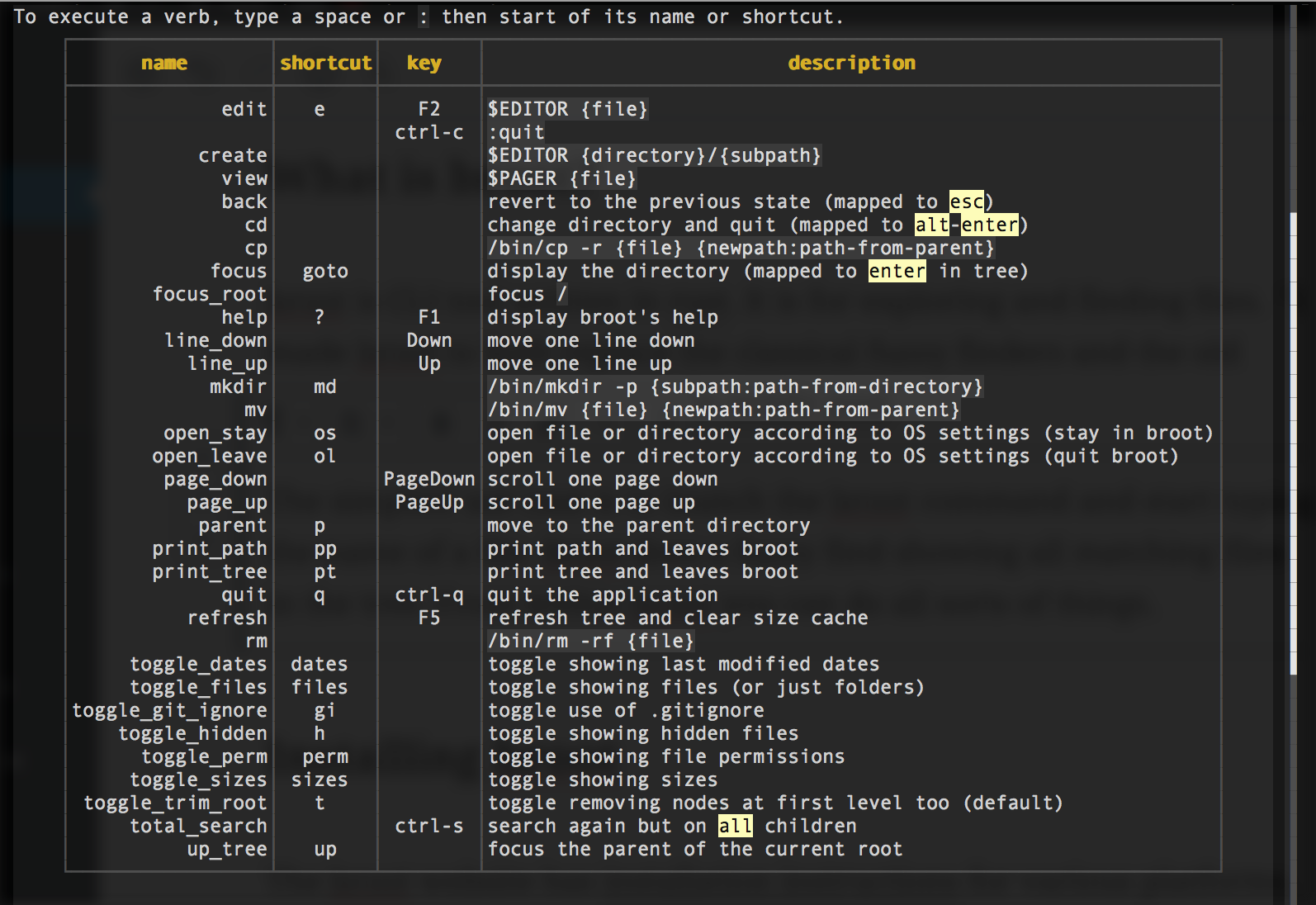

If you don't know what the fuck I'm talking about, use Homebrew. They are both used by lots of people, however MacPorts is more in-line with a traditional Unix package manager and Homebrew is possibly easier to use. Uninstall All Ports If you want to uninstall MacPorts and the port command is functioning, first uninstall all the installed ports by running this command in the Terminal: sudo port -fp uninstall installed All that will be left in your installation prefix now will be files that were not registered to any port. If it bothers you when your bash and perl scripts don't work the same on Mac, use MacPorts. Answer (1 of 5): I consider that MacPorts is safer than Homebrew. If your primary/only programming language is JavaScript, Python, or Ruby, Homebrew.

If you use the command line only to manually type and execute short sequences of commands: Homebew. Itd be great, if the popup list with suggested interpreter paths, when adding a Python interpreter in settings, would include Python interpreters under. If you write scripts / software that you run in the command line, MacPorts. If you think Oh My Zsh is slow bloatware, go with MacPorts. If you like Oh My Zsh, you're probably a Homebrew user. to get a list of inactive ports you likely no longer need.
MACPORTS LIST INSTALLED UPDATE
This is a safety measure to ensure you can go back to a working and tested version in case an update goes wrong.
MACPORTS LIST INSTALLED INSTALL
If you prefer CamelCase and terms like x-ly, x-ify, x-io, and x.js, Homebrew is probably better for you. By default, upgrading ports in MacPorts does not remove the older versions. ensure libyaml is installed port install libyaml +universal if you like you can check the location of the installied files (especially the. if you like short, all-lowercase words like awk, sed, grep, vim, and gcc, MacPorts. Every time I've tried with Homebrew, something eventually goes horribly wrong. It's fine to try to hide the details from the user until something goes wrong. Homebrew wants to be Mac-like in its easiness, but I prefer transparency over a veneer of simplicity.

I think Homebrew is great for people who don't typically use the command line but absolutely need to install one piece of command line software for a project, or for people who use the command line frequently, but mostly only to `npm run build` and `git push`. Of course you should start by reading over the MacPorts Guide specifically looking into the Uninstall guide section. However, if the port you are uninstalling has dependents it will not uninstall without the -f (force) flag. I also use my Mac to administer a number of Linux servers. The command to remove a port and its dependents is: sudo port uninstall -follow-dependents foo. I'm a software engineer and spend almost all of my computer time in a fullscreen terminal.


 0 kommentar(er)
0 kommentar(er)
